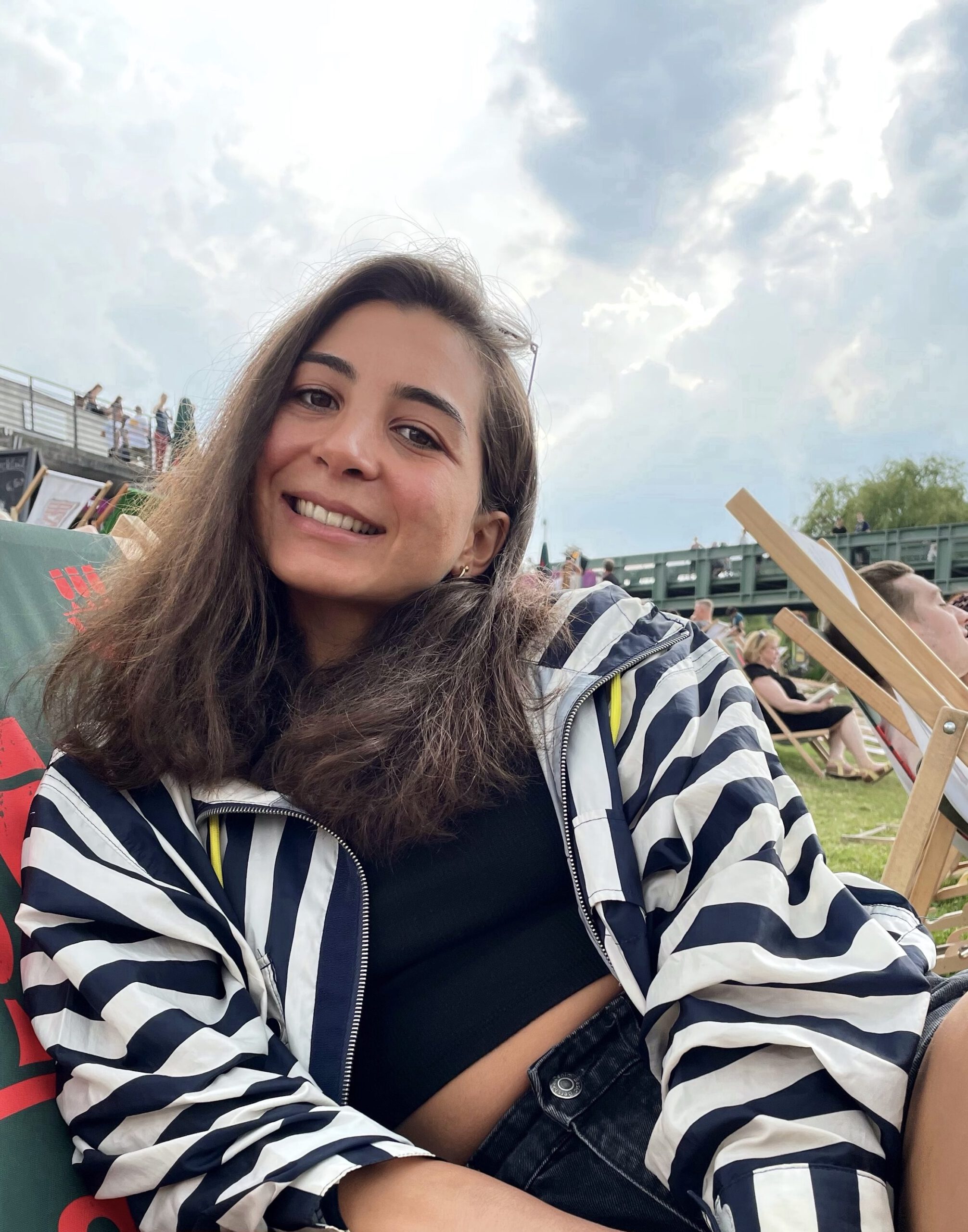
Why did you decide to do the IDA Master?
A niche focus on individual differences and assessment within alternative domains like health and work. Also, the numerous opportunities in gaining experience through traineeships. The feeling of having an open and collaborative environment before the applications further solidified my decision.
What has been your favourite course and why?
Psychometrics was a fun course as I’d already been interested in the topic for my future career. Currently, I really enjoy my traineeship as I’m actively involved in a research project while learning skills in qualitative research.
Do you experience stress/pressure in your studies? How do you deal with it?
I sure do! I was expecting it before the program started but it was also what I wanted. The hybrid situation and ups-and-downs of Covid potentially made it more difficult than normal times. However, at the end of the day I remind myself of the goals and values I’ve always had. In the short-term I try to have an action plan, especially in busier times, to keep myself on track. I may not be the best at it but it definitely works!
How can your knowledge from the IDA Master be useful for the real world?
One thing is that the program helps you develop more general skills that can be applied to broad range of areas such as analytical and critical thinking, and problem-solving. These skills will always be useful in variety of personal or professional situations. And another thing relates to our specific focus on individual differences. All the knowledge cumulatively adds to the previous ones, creating a thorough and unique perspective into the functioning of individuals. As an example, I can competently contribute to a well-functioning work environment, where individuals feel comfortable and happy in.
Why do you think it is important to study what you study?
It’s crazy how people differ from each other and can also be very similar. Initially, knowing about the functioning of these mechanisms and the nuances allow one to take a comprehensive perspective, stay open and humble. It starts with individuals and in my view, it is impossible for them to be in the periphery while only focusing on macro-level functioning. In fact, the emphasis is also put more and more on individuals in different domains of life and more people needs to get into this area to contribute to a more inclusive and extensive approach.
What is the most fascinating thing you have learned?
There has been so many things but it’s fascinating that individuals can simultaneously be so complex, fragile and strong.
What motivates you to keep studying?
The reason why I’m here in the first place, the content of the program, and seeing that investing in this program has a huge return in terms of my capabilities.
How are you experiencing the relationship with your teachers?
The relationships are professional, caring and genuine. As I mentioned earlier, my initial feeling as to the existence of an open and collaborative environment turned out to be true. The communication is transparent and we are allowed to explore and realize ourselves. Our teachers and our relationships are also sources of motivation.


















Be First to Comment